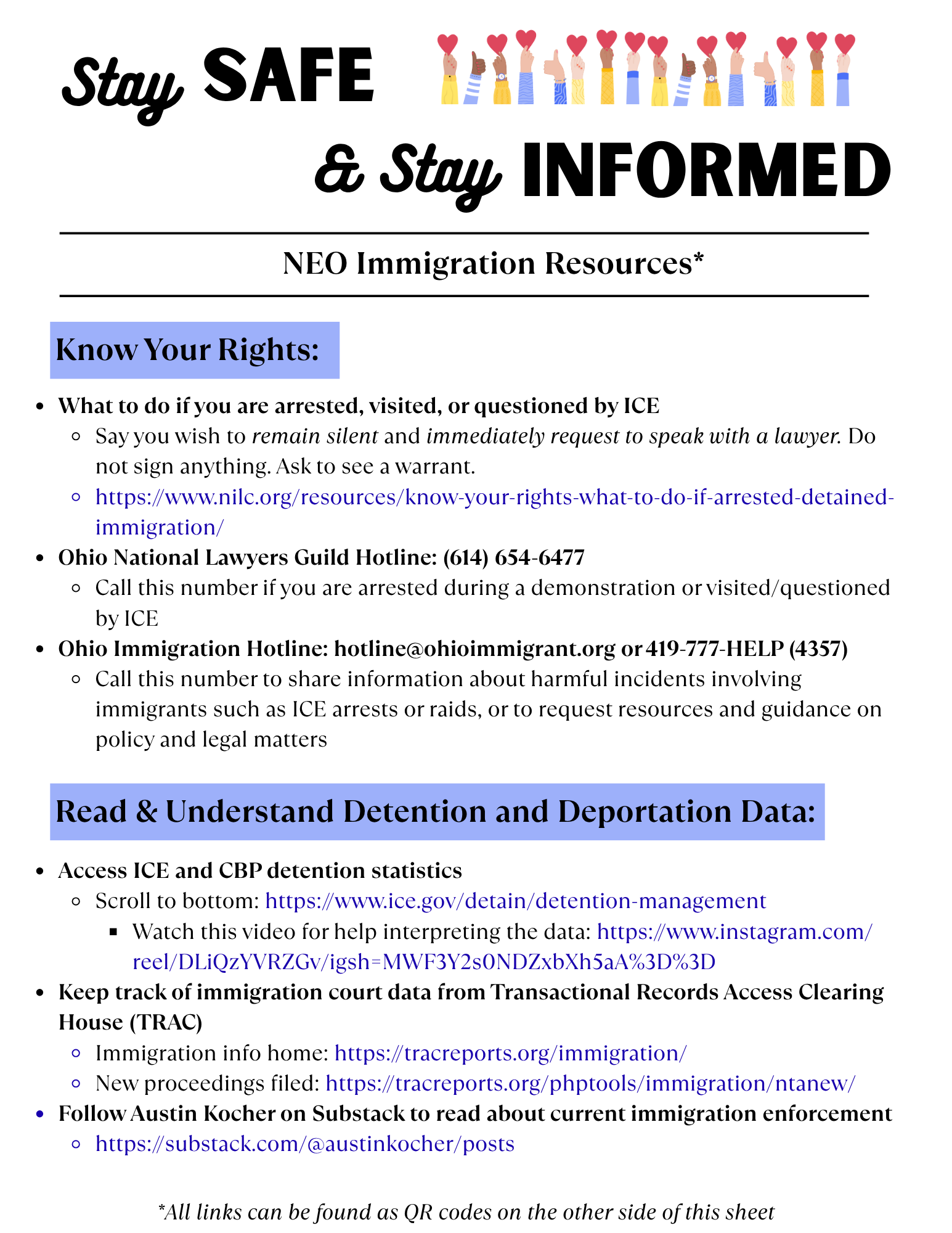They said they were punished in a dark room called the island, where they were trampled, kicked and forced to kneel for hours.
One man said officers thrust his head into a tank of water to simulate drowning.
Another said he was forced to perform oral sex on guards wearing hoods.
Others were shot by rubber bullets.
They said they were told by officials that they would die in the Salvadoran prison, that the world had forgotten them.
“‘You are all terrorists,’” Edwin Meléndez, 30, recalled being told by officers who added: “‘Terrorists must be treated like this.’”
When they could no longer take it, they held a hunger strike. They cut themselves, writing protest messages on sheets in blood.
One detainee, age 26, was so sick that he could not get out of bed, and other men had to feed him. Taken to the infirmary, he was beaten in front of medical personnel. A doctor told him: “‘Resign yourself. It’s time for you to die.’”
To send the 252 Venezuelan men to prison in El Salvador —along with many Salvadoran nationals—in March of this year, Mr. Trump invoked the Alien Enemies Act, a sweeping, rarely used 18th-century law that allows for the expulsion of people from an invading nation.
In September, Mr. Trump, speaking at the United Nations General Assembly, praised Salvadoran officials for “the successful and professional job they’ve done in receiving and jailing so many criminals that entered our country.”



